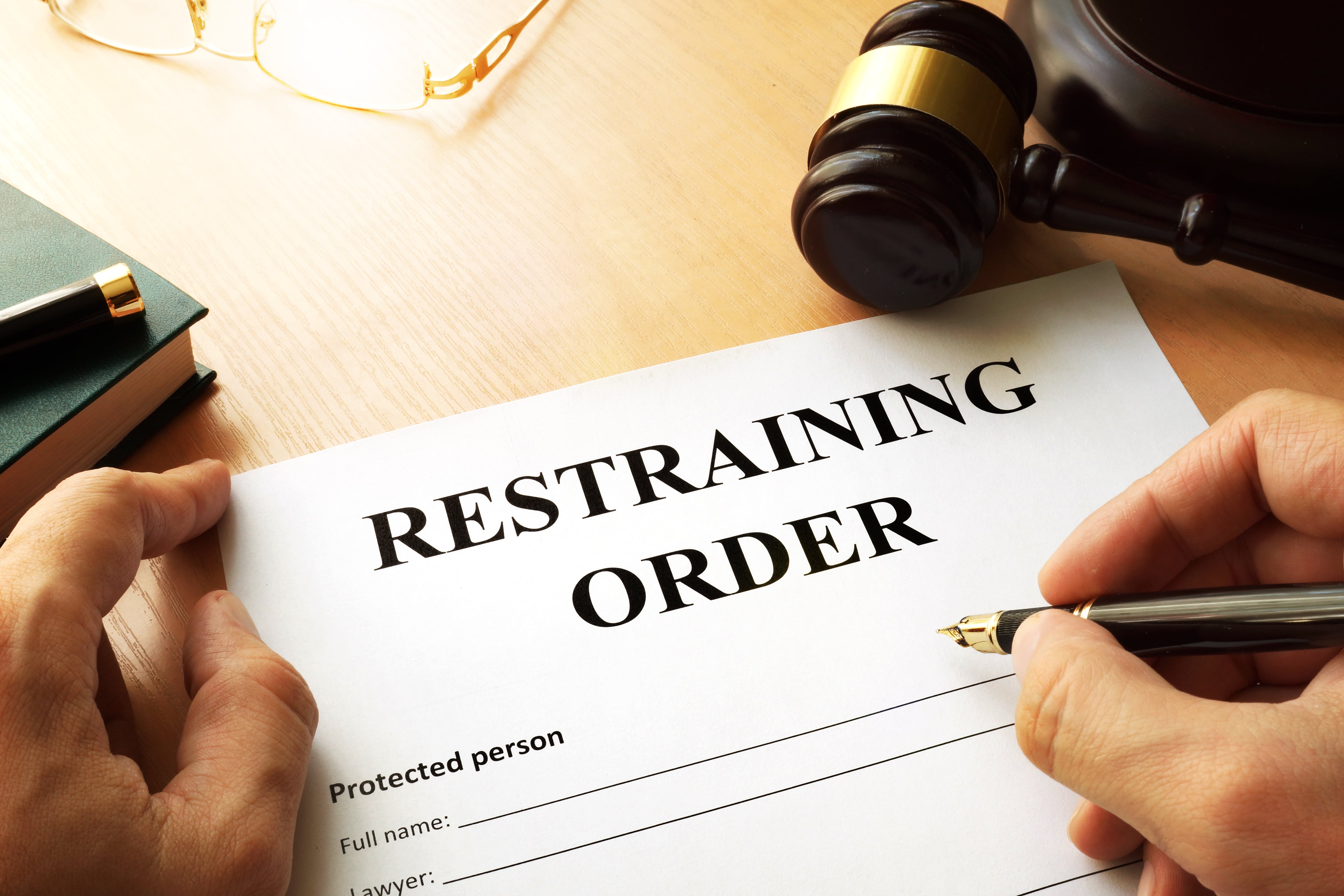Restraining orders can go by several names. They are also called protective orders or orders of protection.
What Are the Grounds for a Restraining Order in NY?
A restraining order, also known as an order of protection, is a legal document prohibiting one person from contacting or approaching another. Restraining orders protect you from another person abusing, harassing, threatening, and/or intimidating you or has committed a crime against you.
A threat is already a form of assault, and you can call the police when someone threatens you. From there, the gears of justice can grind slowly. Police must thoroughly investigate the claim and tailor the charge to fit the act. Then, they must make an arrest, handing the case off to prosecutors who must prove the defendant’s guilt beyond a reasonable doubt.
A protective order can bypass all this. You can simply accuse your harasser of breaking the order, and the charge runs through the system much quicker. The penalty will probably not be as severe, but it will send a strong message and hopefully keep your abuser in line.
Each state approaches its restraining orders slightly differently. In New York, both criminal and family courts can issue protective orders. If you’ve suffered harassment or abuse, here are your protective order options in New York.
Orders of Protection from New York’s Family Courts
These are specifically for those needing protection against domestic abuse or violence. They are for people victimized by family members or intimate partners. This means they can apply to abuse from a sibling, boy or girlfriend, spouse, parent, adult offspring, or even a partner from a one-night stand.
Orders of Protection from New York’s Criminal Courts
Your relationship with the abuser is irrelevant when the order comes from the criminal court. If someone is harassing or threatening you, from a coworker to a near stranger, the criminal courts can handle your request.
Orders of Protection from New York’s Supreme Court
These orders stand independently and generally operate with family and criminal courts. If you are actively involved in a criminal or family trial and need protection during the proceedings, you can request a restraining order from New York’s Supreme Court.
You can request these orders in a couple of ways. The first is to file a Motion or Order to Show Cause, and the second is to argue for the order in court. Work with your attorney to see which option appropriately fits your situation.
The Two Types of Protective Orders in New York
New York offers two options: temporary and final orders of protection.
A temporary protective order can be issued the same day you request it. Your abuser will not be present, and they cannot defend themselves against the order. As long as the authorities believe your story, you can get one of these orders, helping give you immediate protection.
New York’s temporary restraining orders last until your next court date, when you will file for a final protective order. This gives you and your attorney time to build your case.
Issuing a final protective order looks more like a criminal trial. Your abuser may be present. They can have representation, and they can defend against your accusations. You will need solid evidence to convince the court that this order is necessary for your safety.
Final protective orders generally last up to five years. After they expire, you can have them renewed if you still require protection.
How Do New York’s Restraining Orders Provide Protection?
The order itself determines the degree of protection.
A limited order of protection allows the other person to maintain a degree of contact with you. This may be helpful if you share children and the children are safe from abuse. The abuser cannot threaten, harass, abuse, or harm you under this order.
A complete order or protection is much stricter. It prohibits the abuser from coming near you, your job, school, or other places you frequent, like your regular grocery store. It also provides the same anti-abuse provisions as a limited order.
Our firm can help you obtain a protective order when you need one. If you already have a temporary order against your abuser, we can help you prepare for a final order. For a free consultation, call (516) 514-3868 or contact us online.


